Obstetrics
Obstetrics
Focuses on the care of pregnant women, including prenatal care, childbirth, and postnatal care
- Our Services
Obstetrics Services
Wide range of services in the area of pregnancy (prenatal and postnatal) and childbirth
Prepregnancy Consultation
Prepregnancy Counseling
Providing individuals or couples with information, guidance, and support to optimize their health and well-being before conception
Pre-existing Medical Disease
Helping identify and address pre-existing diseases, potential risks to ensure a smooth transition into pregnancy
Prepregnancy Screening
Screening for pre-gestational diabetes mellitus, haemoglobinopathy, and thyroid disorders prior to pregnancy is crucial in identifying and managing any underlying conditions that may impact maternal and fetal health
First Trimester (1 to 12 weeks)
Blood Investigations
Involves a combination of blood tests to confirm pregnancy, assess the risk for diseases and build a prenatal test profile of the patient
Ultrasonography
Involves ultrasound measurements to determine viability and dating. NT Scan (11 to 13.6 weeks) to determine and assess the risk of chromosomal abnormalities and other potential fetal complications
Screening for Trisomy 21, 18, 13
NT scan, or nuchal translucency scan, is a non-invasive prenatal screening test conducted to assess the risk of chromosomal abnormalities, such as Down syndrome. Non-invasive prenatal testing (NIPT), a screening test that analyzes fetal DNA in the mother’s blood to detect common chromosomal abnormalities, including Down syndrome, trisomy 18, and trisomy 13
Second Trimester (12 to 24 weeks)
Ultrasonography (18 to 24 weeks)
Involves several important components, including an anomaly scan through ultrasonography between 18-22 weeks to assess the baby’s structural development and identify any potential abnormalities. Additionally, fetal 2-D echo around 23-24 weeks can provide detailed information about the baby’s heart structure and function
Blood Investigations (CBC)
Blood investigations such as a complete blood count (CBC) and prenatal test profile are also commonly performed to monitor maternal health and identify any potential risks
Pregnancy Yoga / Childbirth Classes
Participating in pregnancy yoga or childbirth classes conducted online can help expectant mothers prepare physically and mentally for labor and delivery
Cases of Incompetent Cervix
In cases of an incompetent cervix, a procedure called “tightening of the os” may be performed to strengthen and support the cervix to prevent premature birth
Third Trimester (24 to 40 weeks)
Ultrasonography (28 to 37 weeks)
A growth scan typically conducted between 28-30 weeks to assess the baby’s size, position, and well-being. Obstetric colour Doppler, performed around 34-37 weeks, evaluates the blood flow in the placenta and umbilical cord, providing valuable information about fetal health and potential complications
Blood Investigations (CBC, OGTT)
Blood investigations, including a complete blood count (CBC) and oral glucose tolerance test (OGTT) at 28 weeks, help monitor maternal health and screen for gestational diabetes. If not done previously, a prenatal test profile may also be conducted.
Pregnancy Yoga / Childbirth Classes
Online pregnancy yoga and childbirth classes offer convenient ways for expectant mothers to stay active and prepare for labor and delivery
Test for Fetal Wellbeing
To ensure fetal well-being, daily fetal movement counts (DFMC) and non-stress tests (NST) may be performed to monitor the baby’s movements and heart rate patterns.
Labour and Delivery
Partography
Partography is a vital tool used in labor management to document and monitor the progress of labor, including cervical dilation, fetal descent, and maternal well-being
Labour Analgesia (WHO Labour Care Guide)
Labour analgesia, as recommended by the WHO Labour Care Guide, aims to provide pain relief during labor using various methods such as epidural analgesia or non-pharmacological techniques. It helps improve the overall childbirth experience for the mother while allowing her to actively participate in the birthing process
Normal / Caesarean Delivery
Normal delivery refers to a vaginal delivery without the need for surgical intervention, while a caesarean section delivery involves surgical delivery through an incision in the abdomen and uterus. The choice between the two depends on several factors, including maternal and fetal well-being, previous medical history, and any complications that may arise during labor.
New Born Care
Routine Care
Newborn baby routine care involves a range of activities such as proper feeding, regular diaper changes, bathing, and ensuring a safe sleeping environment to promote the baby’s health and well-being. It also includes bonding and interaction with the baby through gentle touch, talking, and eye contact, fostering emotional attachment and healthy development.
Specific Care
Specific care for a newborn may involve additional measures such as umbilical cord care, managing common newborn conditions like jaundice or diaper rash, monitoring body temperature, and providing adequate support for breastfeeding
Newborn Screening
Newborn screening, a crucial component of postnatal care, involves testing for certain genetic, metabolic, and congenital disorders shortly after birth to enable early detection and timely intervention, ultimately improving the baby’s long-term health outcomes.
Postnatal Care
Getting back to Prepregnancy state
Prenatal care encompasses various aspects, including helping women regain their pre-pregnancy state through postpartum recovery, addressing physical and emotional changes
Breastfeeding
Providing guidance on breastfeeding and nutrition to support the health of both the mother and the newborn
Post Delivery Yoga / Exercises
Postnatal yoga or exercises can play a beneficial role in aiding postpartum recovery, promoting strength, flexibility, and overall well-being for new mothers
Immunization of Child
From Infancy through Childhood
Immunization plays a critical role in protecting children’s health, starting from infancy through childhood, by providing essential vaccines against diseases like measles, polio, diphtheria, and tetanus
Cancer Vaccine
In addition to routine childhood immunizations, the HPV vaccine, typically administered starting at the age of 10 years, offers protection against specific strains of the human papillomavirus, reducing the risk of cervical cancer and other HPV-related cancers later in life
Company
- Home
- About Us
- Our Services
- Dr Oza Connect
- Contact Us
Services
- Gynaecology
- Obstetrics
- Infertility
- Ultrasonography
- Online Classes
Visit Us
Swami Nityanand Marg, Panvel, Navi Mumbai
410 206 +91 9372547579 / +91 9930290492

